Common Causes Of Swollen Hands And Feet
Many factors can contribute towards swollen hands, ankles, legs, feet, and swelling elsewhere on the body. This swelling is formally known as edema, and the cause is due to a buildup of fluid within the body. The origins of this buildup and swelling vary on a case by case basis and can be due to an injury, arthritis, or a blood clot. Many factors contribute to swelling, but it usually comes down to sodium and water retention. Reducing salt intake and medication use can significantly reduce swelling. However, if a disease is the cause of swelling, the disease will need to be treated separately to ease the symptoms.
Reveal some of the common causes behind swollen hands and feet now.
Arthritis
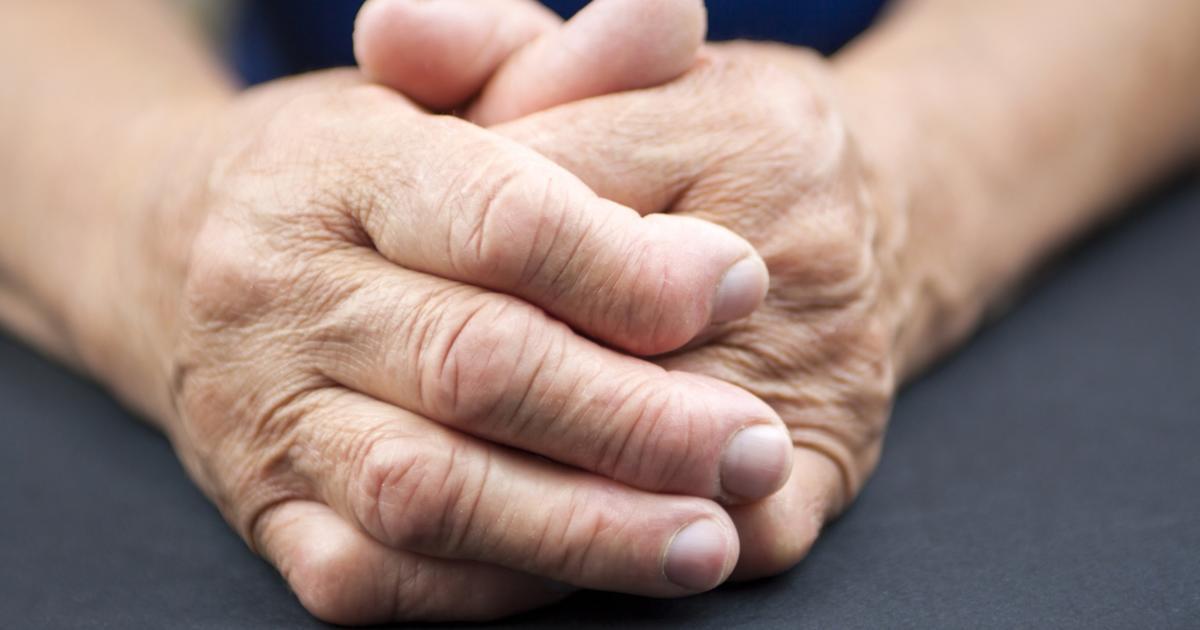
Arthritis can be due to many different causes, all leading to inflammation of the joints, which can make daily activities more difficult. If arthritis is not treated over time, the bones that make up the joint may lose their regular shape, causing pain and less range of motion. The symptoms of arthritis include pain, stiffness, difficulty moving the joints, and swelling of the affected area. Arthritis is most common in the hands, which results in many swollen fingers and wrists. This swelling is caused by an increase in fluids in the joints and joint lining. The patient may also feel a warm sensation as well.
Now that you know all about arthritis as a cause of swelling, continue reading to learn how blood clots can cause swelling.
Blood Clots
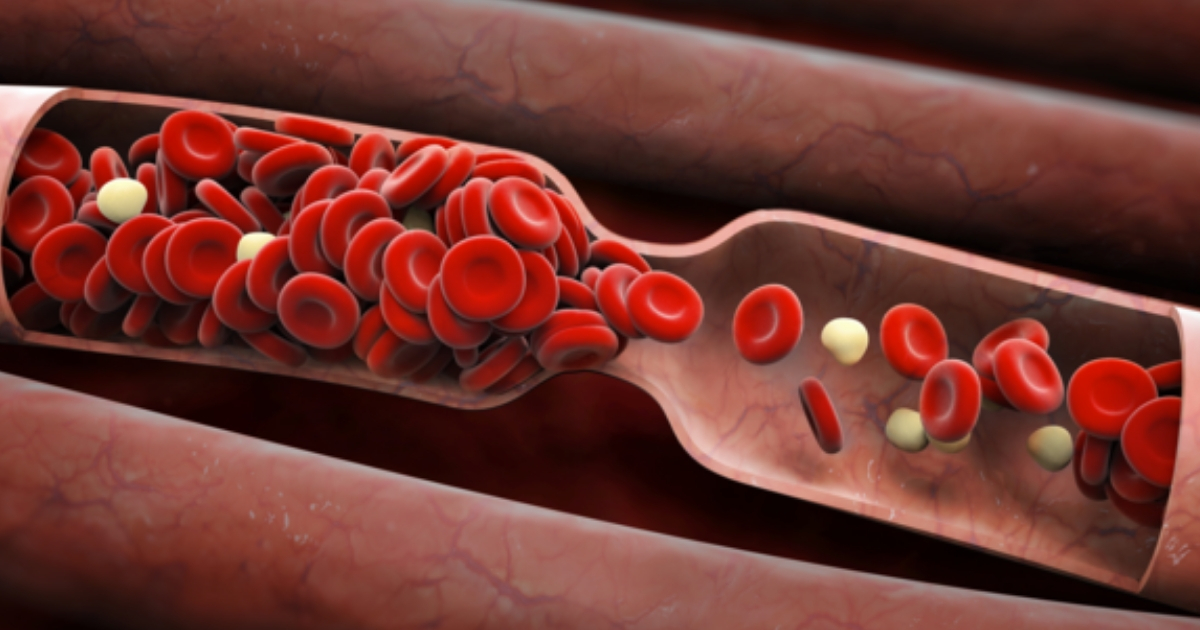
Blood clots are a natural method to stop bleeding, but they can pose a serious problem, especially during the recovery period after surgery. If blood doesn't clot, patients could die from bleeding from minor wounds, though too much or inappropriate clotting can result in many issues. For instance, blood clots can form in the veins, which often leads to swelling in the hands and feet.
There are two kinds of blood clots: arterial and venous. Some general symptoms of an arterial blood clot may include moderate to severe pain, pale skin in the vicinity of the clot, tingling, weakness, and swelling above the area of the blood clot. Similarly, the symptoms of a venous clot include warmth in the problem area, swelling, tenderness, and mild to moderate pain. While blood clots are a natural defense, as stated they can also cause swelling in the hands, feet, and other body parts, and should be tended to.
Keep reading to find out how heart, liver, or kidney disease can cause hands and feet to swell.
Heart, Liver, Or Kidney Disease
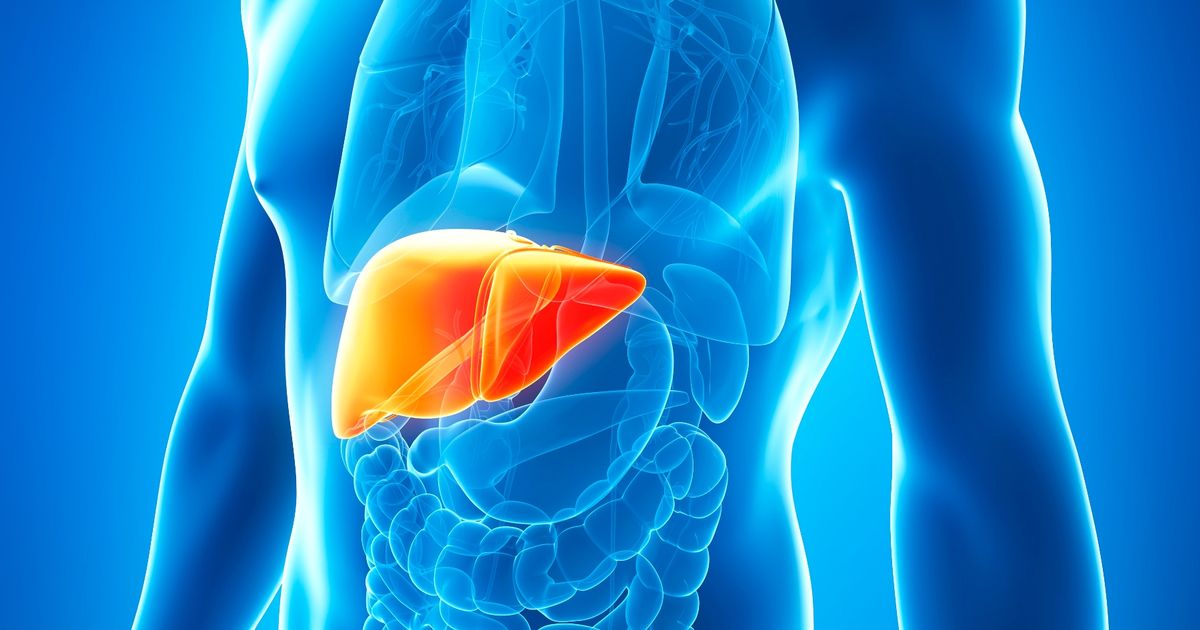
Feet swelling can be an early indicator of heart, liver, or kidney disease. Renal disease, or kidney disease, is one of the most common causes of swelling in the ankles, legs, feet, and hands. During kidney failure, excess water and sodium cannot effectively remove it from the blood, which causes water or sodium retention and swelling.
If a patient suffers from liver disease, they may experience low protein levels in their blood that can cause fluid to leak from blood vessels into their tissues, which causes further swelling. Or if they are affected by heart complications, the damaged heart cannot efficiently pump blood, which can result in blood getting backed up in the legs, feet, and ankles, thus potentially causing swelling in these areas. Swelling of the feet does not always indicate kidney, liver, or heart disease, but it can be an early warning sign to get checked.
Continue reading to learn how infections can lead to swelling.
Infections

Many different kinds of infections can develop after an injury or wound, each with their causes. However, they all share common symptoms, including pain, swelling, redness, warmth, drainage of pus from the affected area, swollen lymph nodes, red streaks extending from the affected area, and fever.
Inflammation is the body’s natural protective response to tissue irritation. When the tissue becomes irritated, the immune system increases blood flow to the area, which causes swelling, warmth, and redness. Most minor infections and mild inflammations will go away on their own. However, getting medical treatment can receive a prompt response and prevent more severe complications.
Infections cause swelling because of the inflammation that takes place. Keep reading to learn why an injury swells.
Injury And Trauma
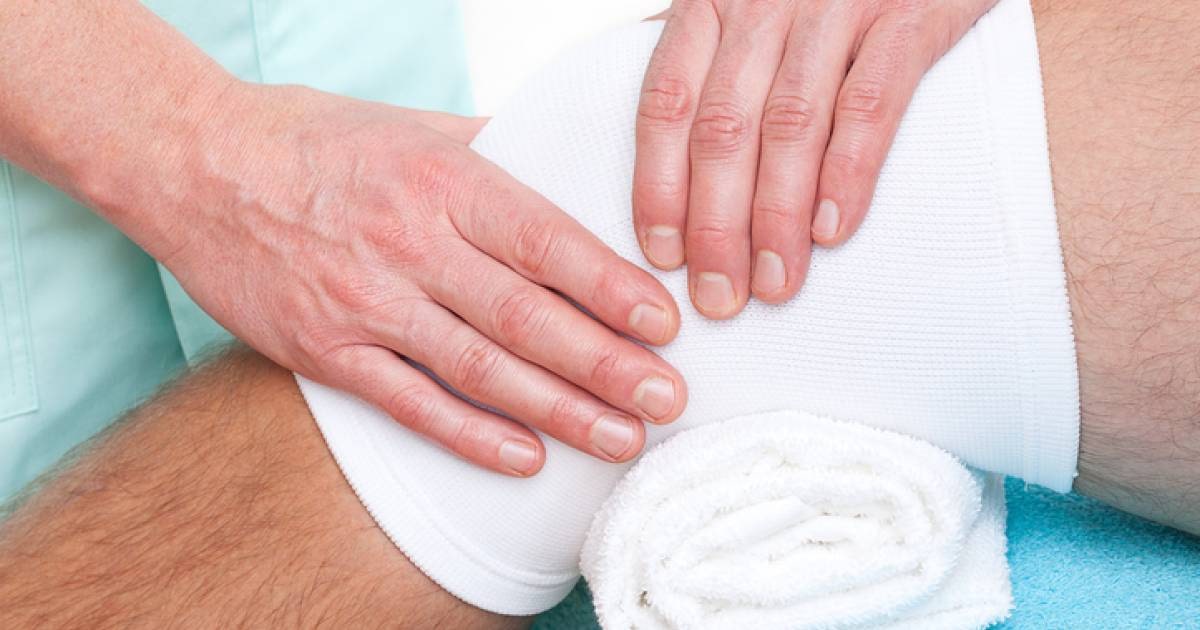
Injuries and trauma can cause inflammation and swelling of the injured area. Inflammation and swelling are the first steps in the healing process. The most common of all foot and ankle injuries that cause swelling include sprains, torn tendons, and fractures. If an injury or wound is swollen, the acronym to remember to take care of the injury is ‘price,’ which stands for protection from further damage, rest to avoid irritation, ice to control pain, compression for support and swelling, and elevation for decreased bleeding. If the swelling lasts longer than two to three weeks, affected individuals should seek assistance from a licensed health practitioner.
Now that you know why injuries and wounds swell, continue reading to discover why bug bites and stings might swell up.
Insect Bites And Stings

Getting bit or stung from insects like bees, wasps, hornets, and mosquitoes can cause pain and swelling. Some patients may even experience an allergic reaction, which can also be life-threatening. Insect bites rarely cause allergies but can cause small itchy lumps, like a rash, to appear on the skin. The itching may subside by using a soothing ointment, antihistamines, or steroid cream. Signs of an allergic reaction to being aware of may include itchy skin, rash, swelling, stomach cramps, redness of the skin, increased heart rate, low blood pressure, wheezing, or difficulty breathing and swallowing. The onset of symptoms typically occurs within the first ten minutes of being stung.
Now that you know that bug bites may cause swelling, read further to find out why swelling occurs in pregnant women.
Pregnancy

During pregnancy, the body begins to produce fifty percent more blood and other body fluids to help the growth of the baby. Approximately twenty-five percent of the weight gained during pregnancy is due to fluid retention. All of the extra fluid fills up tissues, especially within the hands, feet, legs, and ankles, which causes them to swell.
To treat swollen hands while pregnant, the best things to do is to keep an eye on sodium intake, eat foods high in potassium, use cold compresses, and drink plenty of water. Upon delivering the baby, the extra fluids and swelling should subside quite quickly.
Pregnancy causes a lot of water retention, but keep reading to find out what else may cause water retention and swelling.
Side Effects From Medications

Many medications can cause swelling of the ankles or feet as a side effect. Some of the drugs include calcium channel blockers, steroids, antidepressants, medications to treat diabetes, blood pressure medicines, non-steroidal anti-inflammatory drugs, and hormones such as birth controls and estrogen. However, nearly any medicine can cause swelling.
If medications cause swollen ankles or feet, a licensed health practitioner should be consulted to determine other methods of treating the underlying illness or disease. The doctor should be aware of any and all medications being used, including prescription drugs, over-the-counter pharmaceuticals, supplements, and herbal or alternative medicines.
Read more about the causes of swollen hands and feet now.
Intense Exercise

Muscle soreness experienced after exercising is the result of the tearing and breaking down of muscle fibers from the stress of repetitive and weight-bearing movements. This is a normal outcome of exercise. As this muscle fiber damage is repaired, the muscle becomes stronger. With intense exercise, muscles can suffer more severe damage. This micro-trauma of muscle fibers can cause swelling to occur in the hands and feet. With intense exercise, oxygen supplies become depleted. To preserve vital organ function, the body diverts blood away from extremities and increases blood flow to the body core. With this decrease in blood flow to the hands and feet, there is also a decrease in oxygen delivered. The vessels in the hands and feet overcompensate for this lack of oxygen by dilating. This dilation results in a flood of fluid to the hands and feet, which can leave blood vessels, enter the tissue, and cause swelling.
Continue reading to reveal more causes of swollen feet and hands now.
Consuming Too Much Salt
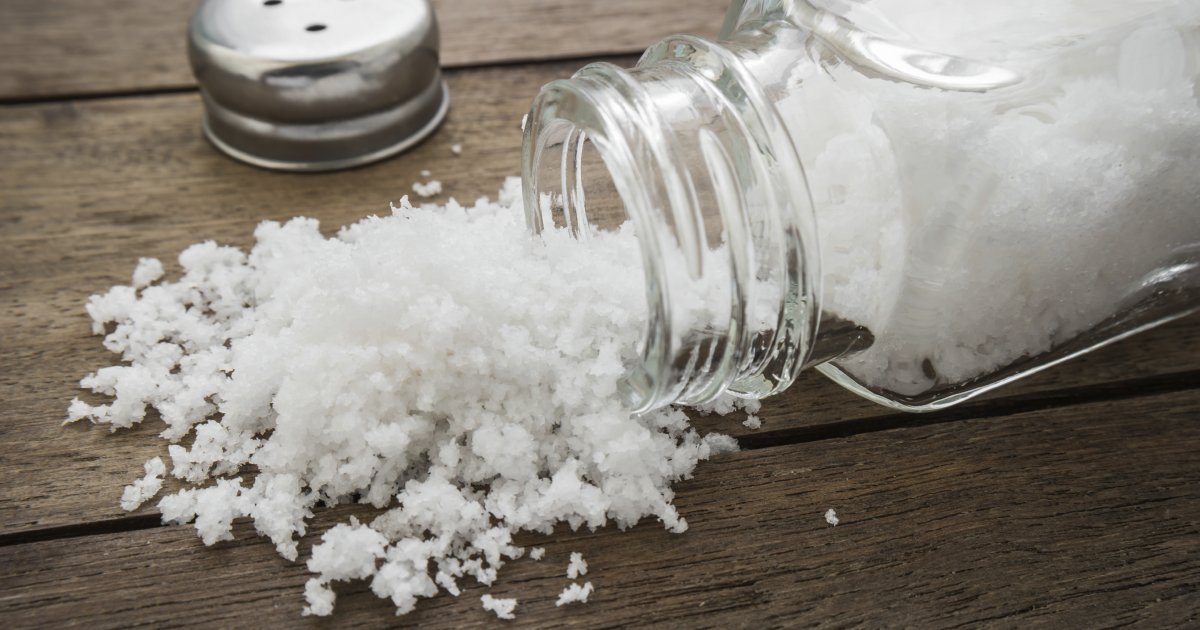
Salt is an essential mineral for normal body functions. Table salt is composed of sodium and chloride, electrolytes that circulate in the bloodstream. Sodium content is controlled by the kidneys, which regulate the amount of sodium in the blood. The amount of salt an individual should consume daily through diet is highly debated. An average of the recommended daily salt intake through diet is between 1,500 and 2,300 milligrams. This equates roughly to about one teaspoon of table salt.
Consuming too much salt will cause the body to retain fluid. The extra fluid retained in the blood can leak out of blood vessels in the feet and hands and cause swelling. Why do some individuals swell when they eat too much salt while others do not? Some factors that can contribute to this type of swelling include poor kidney or liver function, weak veins, heart disease, and sitting for prolonged periods.
Get more details on the causes of swollen hands and feet now.
Hot Weather

When the temperature rises outside, the body has mechanisms to keep the body cool. One mechanism is to send the blood to areas of the body where it can be cooled more effectively. The body will divert blood away from the core where temperatures are the highest to the extremities where exposure to the environment is greater. Surface blood vessels in the hands and feet are involved in this cooling process. To make cooling even more effective, when exposed to hot weather, the body dilates blood vessels in the hands and feet to allow more blood into these areas. As a result of increased blood flow, the increased fluid in the blood vessels of the hands and feet can leave the blood vessels and enter the surrounding tissue. This can cause swelling in the hands and feet.
Uncover more causes of swollen hands and feet now.
Lymphedema

Lymphedema is the swelling of arms or legs due to a blockage in the lymphatic system. The lymphatic system consists of lymphatic fluid that circulates throughout the body through lymphatic vessels and lymph nodes. Lymph nodes act as filters to the lymphatic fluid. They destroy and remove things collected in the body by lymph fluid, like bacteria, toxins, viruses, and waste products. When lymph nodes are damaged or removed, lymphatic fluid can build up in tissues and cause swelling. Lymph nodes can become damaged during radiation therapy for cancer treatment or removed during surgery to treat breast cancer. Swelling from lymph node blockage can cause pain. It can also cause infection in severe cases that are left untreated. Wrapping the arms or legs in a tight bandage or wearing compression garments can help force the fluid out of the swollen area. Contact a physician if the swelling does not resolve or gets worse.
Learn more about what causes swollen feet and hands now.
Allergic Reaction

When an individual's body comes in contact with something it senses as harmful, an allergic reaction can occur. Almost anything in our environment, including food, medicines, insects, soaps, and skin care products can cause this type of reaction. An allergic reaction that causes hands or feet to swell is usually something that has affected the area locally, such as an insect sting or bite. The body responds by releasing histamine, which causes blood vessels to dilate increasing the blood volume and causing swelling in the area. Antihistamines taken orally are very effective in treating swelling from an allergen. Antihistamines block the effects of histamine and stop the cascade of events that cause swelling.